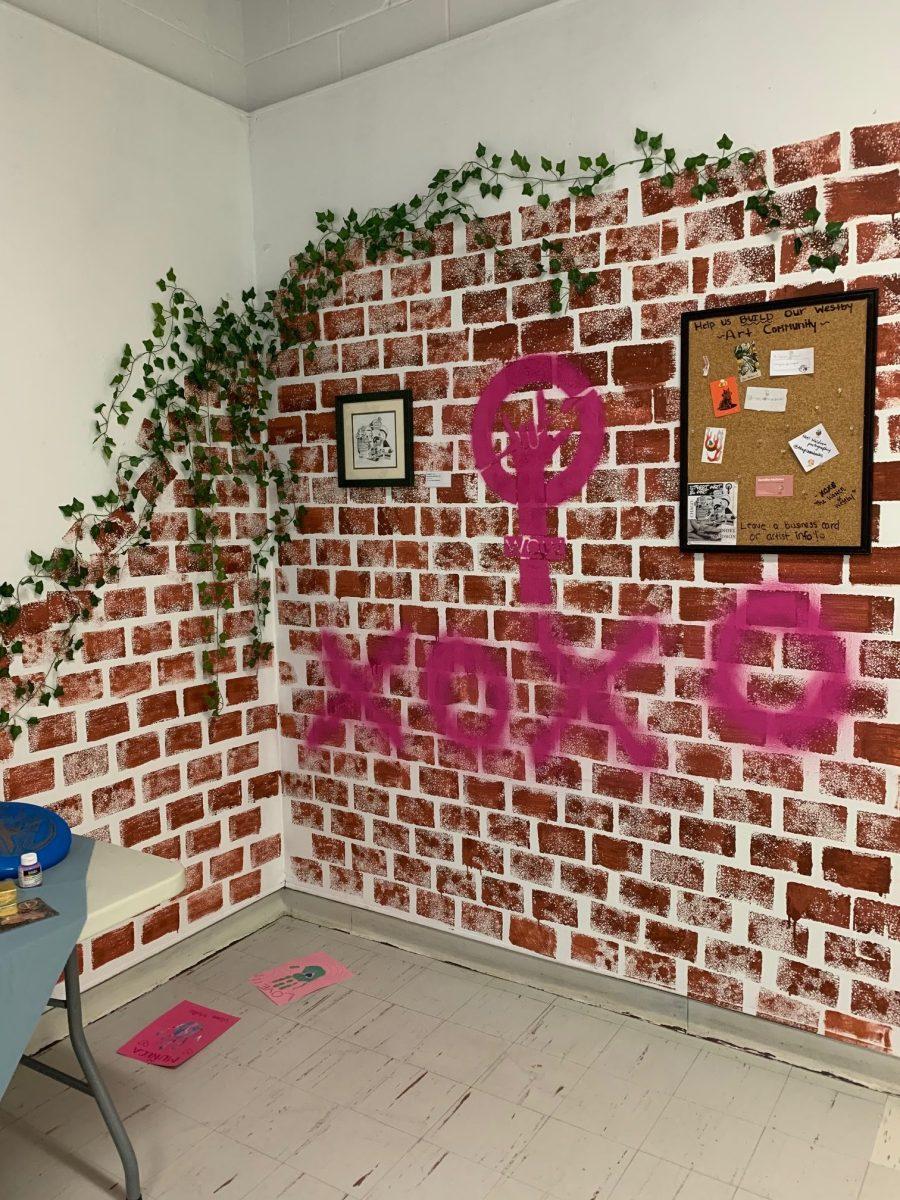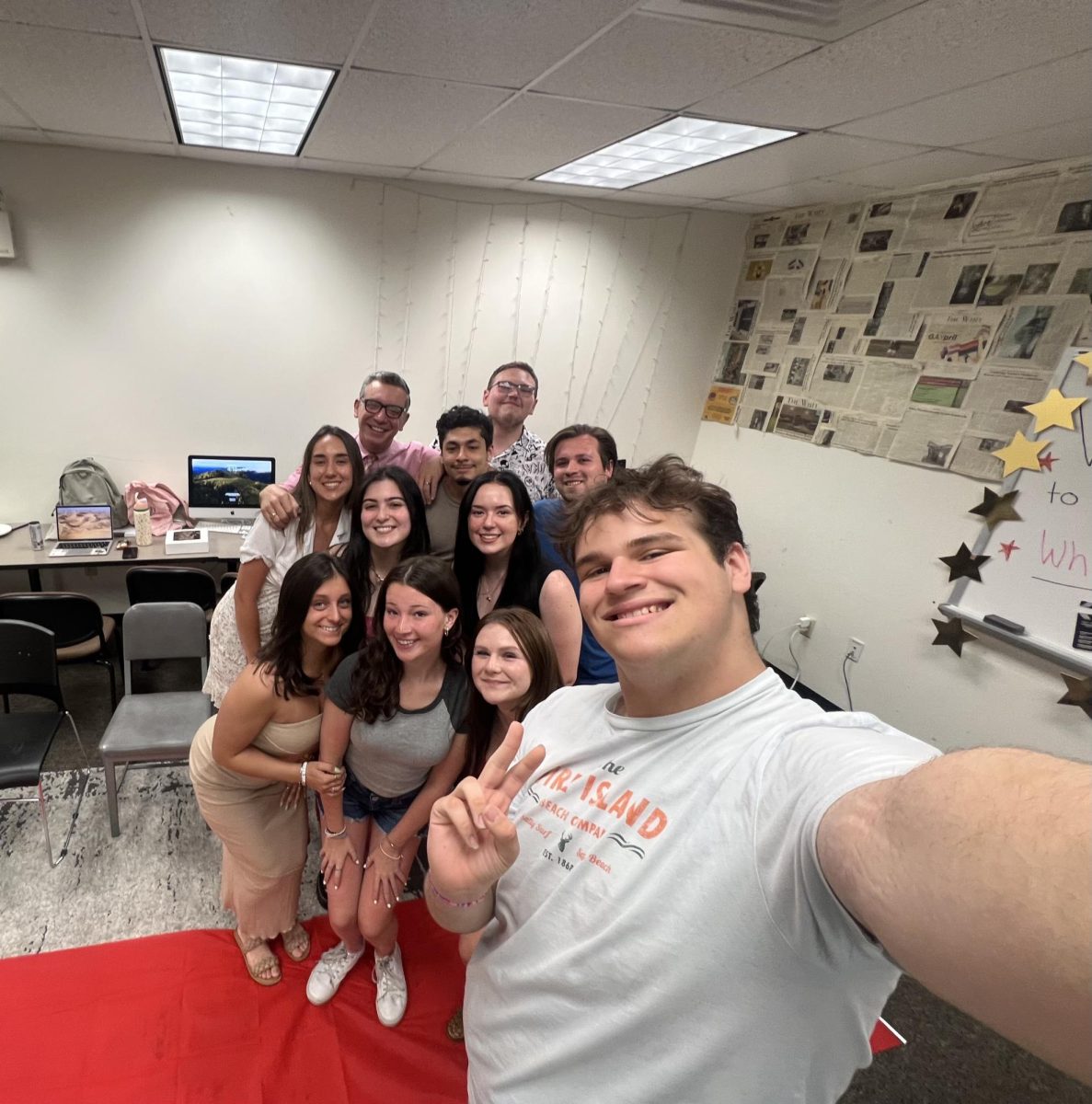Editor’s Note: This article has been sponsored by the Women of Westby organization.
In the troubling times of a pandemic, social and political unrest and still being tasked with balancing work, school and life, taking care of our mental health is very important.
We should be doing what we can to help ourselves and our fellow colleagues. College students are facing unprecedented circumstances, and having mental health struggles should be the least of their concerns. An education institution that is not willing to help students succeed mentally and emotionally is challenging.
In order to know the severity of mental health issues, we first must know the facts by which college students are directly impacted. According to Active Minds, a nationwide mental health organization geared towards younger generations, 39% of college students faced a significant mental health issue before the COVID-19 pandemic. Of that 39%, almost two-thirds did not receive treatment for their mental health problems. It is expected that both of these numbers have since risen due to the pandemic, affecting students and concerning parents.
As reported in two surveys conducted by Healthy Minds and the American College Health Association, depression, suicide risks and mental health-impaired academics increased significantly from fall 2019 to spring 2020.
So, what is the direct impact of mental health issues among college students on college campuses? The Kognito whitepaper, “The Benefits of Investing in Students’ Mental Health,” says, “Treating 100 students could possibly advert 6 dropouts which would save an average of $240,000 in tuition fees.”
Regardless of monetary incentive, these statistics should be alarming.
The Women of Westby (WoW), an inclusive art organization at Rowan University, took to the sidewalks and areas by entrances of buildings to provide a message of hope and uplifting to students who might be silently suffering from mental health issues, especially during the pandemic. The organization engaged in street art – known as tagging – to remind the students that they are loved, cared for and not alone in struggling with the stressful COVID-19 era.
However, that was not the way it was viewed by passers-by. The WoW used chalk paint, a type of paint that can easily be removed with water, to accomplish these works of art. While creating these works of art that delivered beautiful messages, a group of unidentified men harassed the WoW, calling them homophobic slurs and hateful words. They even took a video of the group mocking them for tagging.
Rowan campus police were soon involved and demanded the WoW remove the tags and stop the activist tagging.
“All of these tags were so meaningful and purposeful. We have never had an issue with tagging before last night,” Jess Hedum, a recent graduate with an art major and psychology minor and a former WoW officer, said. “It is so heartbreaking how common [it is that] students take their lives during midterms and finals week, we really just wanted to give people hope and love during this hard time.”
Liliana Muñoz Lozada, one of the leaders of the WoW organization, opened up about her story and how she felt upon being confronted by police for supporting the tagging. “In my own experience with mental health, I know that sometimes it’s the little things that I see around campus or just in life in general that switch my mindset into whatever I was thinking negatively [turned positively],” she mentioned.
Lozada, like the other members of the organization, expressed that the sole mission of the tagging was to brighten anyone’s day if they were feeling bad. Is silencing those voices, removing the artwork and downplaying the situation the message we want to be sending to the Rowan community?
After hearing this story, I was outraged. As a mental health advocate, I want nothing more than to fight for mental health awareness, no matter in what setting. After a second reflection, I saw from both sides that maybe there were miscommunication and misunderstanding, but that doesn’t justify that we have a serious, nationwide problem among college students – especially during the COVID-19 pandemic.
I want to pose a question for Rowan as a whole: What are we doing to help Rowan students’ mental health? If we are not allowing for creative outlets and expressions that not only help those students but also other students, then how are we going to excel and move forward to provide our students with the best possible mental healthcare? I would love nothing more than college students and RU executives to work together to create sustainable mental healthcare on the campus.
Rowan University is a great campus that prides itself on its immensely diverse and inclusive student body. When we work together, we can create the very best student community that can positively impact all students.
For comments/questions about this story, tweet @TheWhitOnline.

























































































































































!["Working with [Dr. Lynch] is always a learning experience for me. She is a treasure,” said Thomas. - Staff Writer / Kacie Scibilia](https://thewhitonline.com/wp-content/uploads/2025/04/choir-1-1200x694.jpg)










































